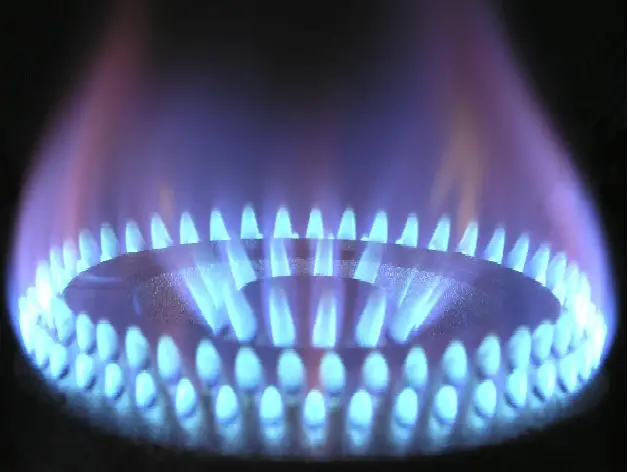Fatih Birol, the head of the International Energy Agency (IEA) has warned that the price of energy in the European Union is set to rise much higher in the future, and it will likely remain that way, which will lead to challenging times.
At the European Parliament in Brussels, where he spoke Thursday, he said that unfortunately for Europe, gas prices are not going to return to what they were prior to the imposition of sanctions on Russia.
He said, “There will be no more cheap gas. European energy will be more expensive in the future than in the past. EU energy prices will be higher and significantly higher than those of its economic competitors.”
The IEA chief had warned last month that the EU may have to contend with energy shortages next winter due to the relatively low volumes of new liquified natural gas (LNG) which are entering the market, combined with a rapidly growing demand for the fuel in China.
He emphasized that even as the bloc drives a renewed effort to see new gas fields developed, they will require years before they will become operational and be able to loosen the market. Birol stressed that European households and businesses need to continue reducing their fuel consumption, as the bloc needs to expand its renewable energy output faster.
Klaus Mueller, the head of the German federal network agency, echoed Birol’s warnings, noting that he could not exclude the possibility of gas shortages over the 2023/2024 winter. He noted that exacerbating the risk was the fact that Germany will now have to fill its reserve storage facilities entirely without any of the cheap Russian pipeline gas the country had become dependent upon.
European gas prices surged past their historic peak last summer, reaching €345 per megawatt-hour. The surge was produced by the gradual reduction, and then outright elimination, of Russian pipeline supplies following the sabotage attacks on the Nord Stream 1 and 2 pipelines.
At the same time, over the last year, data shows that that the 27 nation bloc was the biggest importer of Russian fossil fuels. Research from the Center for Research on Energy and Clean Air (CREA) found that the EU was the biggest buyer of Russian coal, oil, and gas.
The status was attained in spite of the bloc’s price caps on oil and petroleum products from Russia, and its embargo on Russian seaborne crude and coal.

